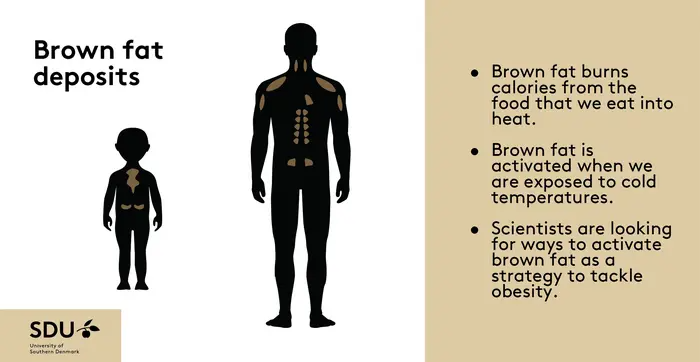Northwestern University researchers have developed a new material that could help with the remediation of nuclear waste that behaves much like a Venus Flytrap, permanently trapping only its desired 'prey,' the radioactive ion cesium. The results were published online this week in Nature Chemistry.
The synthetic material, made from layers of a gallium, sulfur and antimony compound, is very selective. The researchers found it to be extremely successful in removing cesium -- found in nuclear waste but very difficult to clean up -- from a sodium-heavy solution. (The solution had concentrations similar to those in real liquid nuclear waste.)
Malaria and cholera take devastating tolls in the developing world. Mosquito-borne Malaria kills more than 1 million people annually and no vaccine currently exists. Cholera, a diarrheal illness
that is common in developing countries, can be fatal and the lone vaccine is too expensive to prevent outbreaks after floods. Despite the challenges posed by the malaria and cholera, University of Central Florida biomedical researchers say they have developed what may be the first low-cost dual vaccine for both
Historians at University College London say they have discovered part of an ancient Roman law code called the Codex Gregorianus, or Gregorian Code. The discovery was made after researchers pieced together 17 fragments of previously incomprehensible parchment. The fragments were being studied at UCL as part of 'Projet Volterra' – a ten year study of Roman law in its full social, legal and political context.
Corcoran and Salway found that the text belonged to the Codex Gregorianus, a collection of laws by emperors from Hadrian (AD 117-138) to Diocletian (AD 284-305), which was published circa AD 300. Little was known about the codex's original form and there were, until now, no known copies in existence.
Antioxidants have received a lot of attention in recent years for all the health benefits they supposedly provide. Some studies have suggested that they may play a role in lowering cancer and heart disease risk, slowing the aging process, and treating neurodegenerative diseases such as Alzheimer's. But recent research shows that antioxidants may also cause harm--specifically, they may impair muscle function.
It's well known that eating too much salt can be harmful. Despite that fact, many people choose to consume more of it than they need, and that to many in the health community means that something must be done population-wide to reduce salt intake. The latest effort comes from the European Society of Cardiology, who says that a new study in the New England Journal of Medicine illustrates the need for laws that restrict the salt content of processed foods.
Research has documented that most men become much more jealous about sexual infidelity than they do about emotional infidelity. Women are the opposite. The prevailing theory is that the difference has evolutionary origins: Men learned over eons to be hyper-vigilant about sex because they can never be absolutely certain they are the father of a child, while women are much more concerned about having a partner who is committed to raising a family.
 At 3 Cases In 6 Months, Monkeypox In The US Is Effectively Contained
At 3 Cases In 6 Months, Monkeypox In The US Is Effectively Contained Brown Fat’s “Off-Switch” Isn't A New Ozempic Diet Exploit
Brown Fat’s “Off-Switch” Isn't A New Ozempic Diet Exploit Opioid Addicts Are Less Likely To Use Legal Opioids At The End Of Their Lives
Opioid Addicts Are Less Likely To Use Legal Opioids At The End Of Their Lives More Like Lizards: Claim That T. Rex Was As Smart As Monkeys Refuted
More Like Lizards: Claim That T. Rex Was As Smart As Monkeys Refuted








